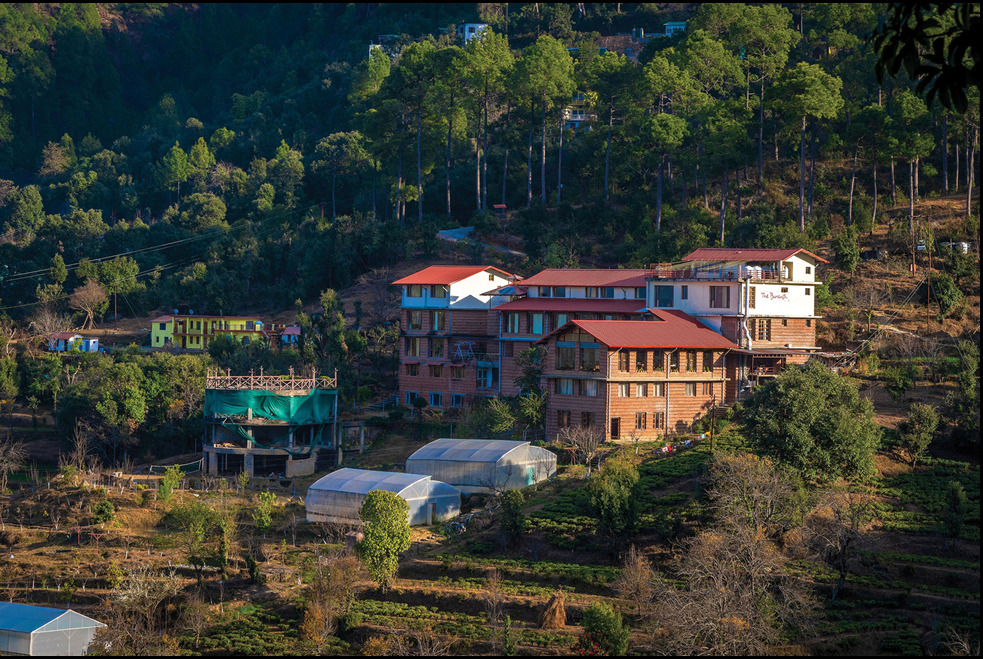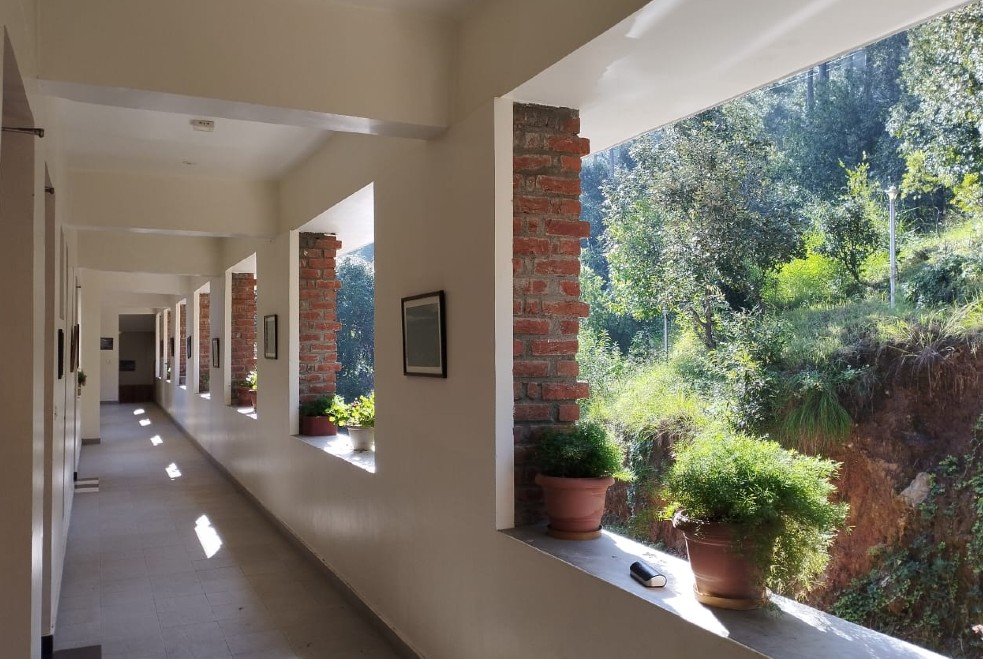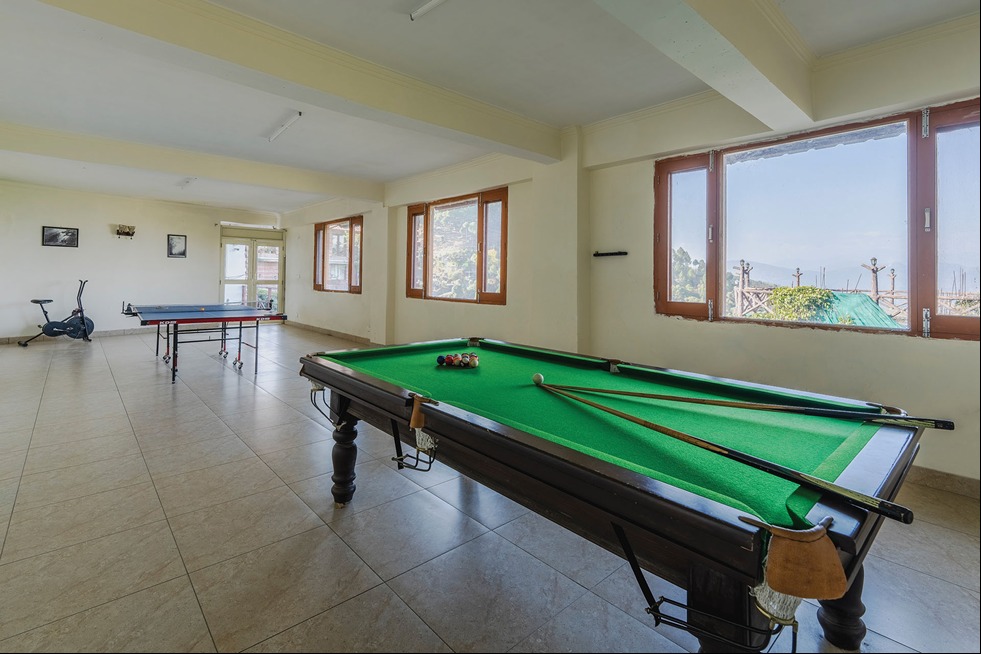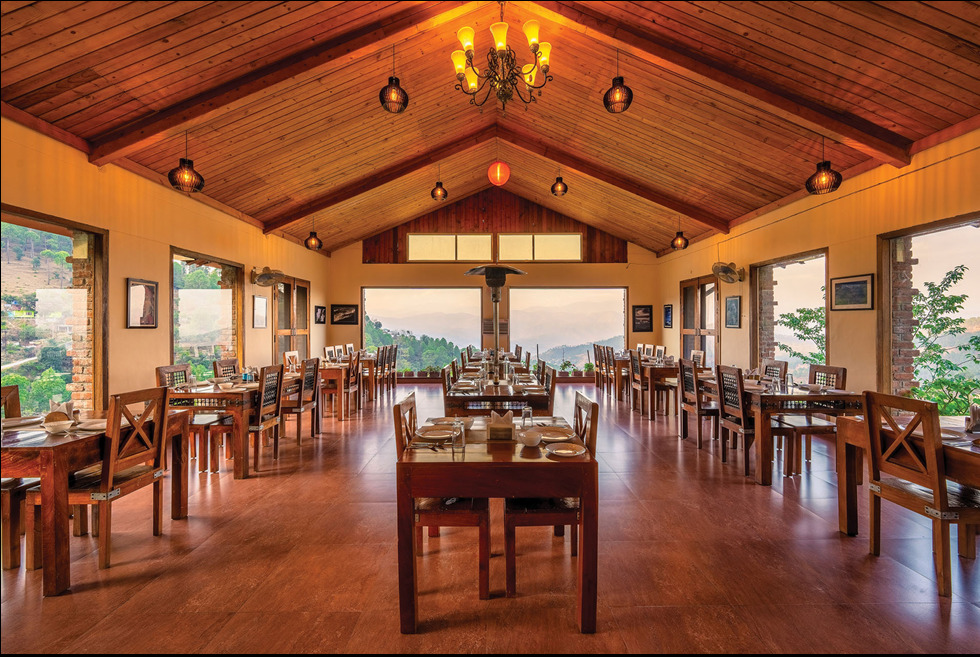Bachelor in Fine Arts - Photography
COURSE OVERVIEW
Our Bachelor of Fine Arts in Photography is a comprehensive, highly practical, and research-oriented program, spread across six semesters. Conducted in regular residential batches, the program is designed for students who are serious about pursuing photography as a career.
Purpose-Designed Studios: Learn and create in professional-grade studios equipped with the latest photographic tools and technologies. The residential nature ensures you have unrestricted access to creative spaces, allowing you to explore your passion at your own pace.
Industry-Relevant Learning: The curriculum integrates theoretical, conceptual, and industry-based models of photographic practice, preparing you for real-world challenges in the media and communication industries.
Practical and Conceptual Engagement: You will actively engage in creating images that reflect the vibrant cultural dynamics of contemporary photography. You'll be challenged to respond to critical discourses and develop a unique perspective in both local and global contexts.
Emerging Technologies: Explore and master emerging technologies in photography, while understanding their relevance to your own image-making practice. As a resident, you’ll have ongoing access to evolving tools and equipment, helping you stay ahead in the field.
Professional Readiness: Our program is designed to turn you into a professional practitioner with specialist knowledge in photography. With a strong foundation in research, creativity, and industry-based learning, you will be ready to interpret and shape the future of the field.
Industrial Training: We offer robust industrial training across various sectors, ensuring that every student is prepared for the professional world with hands-on experience in diverse genres of photography.
1. History of Photography
This introductory module takes students on a journey through the history of photography, with a focus on how it has evolved alongside art and culture. You'll study the work of masters across various genres, learning how photography is inspired by multiple artistic mediums. With visits to art galleries and museums, along with hands-on experimentation, students will develop their vision and begin to understand photography's deeper connections to culture and history.
2. Visual Studies
In this module, students will study both historical influences and modern techniques of photography. You'll learn the basics of color and black-and-white photography through readings, critiques, discussions, and field trips, gaining a deeper understanding of photography as an artistic medium. This module combines theory with practice, giving you the skills to critically analyze photographs.
3. Photography Techniques
Students will master the technical aspects of photography, including composition, shutter speed, aperture, and ISO settings. This hands-on module focuses on teaching you how to take picture-perfect frames by controlling your camera effectively, preparing you to excel in any photographic scenario.
4. Art Appreciation
In this module, students learn how to read and analyze images through exposure to a variety of art forms and the works of photographic masters. By engaging with projects, discussions, and presentations, you will refine your vision and deepen your understanding of the relationship between art and photography.
5. Basic Image Editing Processing
Image editing is a crucial skill in modern photography. In this module, students learn how to use industry-standard software like Photoshop, Lightroom, and Bridge. You'll be taught advanced techniques such as dodging and burning, black-and-white conversion, and skin retouching. Mastering RAW file editing and final output preparation will help you create high-quality images ready for publication or presentation.
6. Image Printing, Presentation Sharing Techniques
Showcasing your work is just as important as capturing the images. This module teaches students both traditional darkroom printing and modern digital printing techniques. You'll also learn about bookmaking, magazine printing, exhibition framing, and professional portfolio development to prepare your work for various platforms.
7. Contemporary Art Forms
This module introduces students to the history of Indian art, artistic practices, and key themes across social, economic, and political contexts. You’ll explore contemporary art forms and develop an understanding of three-dimensional design principles, broadening your creative horizons in photography.
8. Literary and Critical Studies
Photography is not just about images—it’s about telling stories. This module teaches students how to write critically about photography, encouraging them to develop essays and research projects. You’ll explore genres such as documentary, photojournalism, and travel photography, using writing as a tool to extend your thinking and refine your visual storytelling skills.
9. Studio Photography
Studio photography is where many photographers build their careers. This module provides in-depth training on working in a studio environment, with a focus on product, portrait, and fashion photography. You’ll learn how to set up your own studio, operate professional equipment, and execute various types of shoots. Specialized workshops in fashion photography provide further hands-on learning.
10. Advanced Photography Practice
This module dives into documentary, travel, and wildlife photography, allowing students to explore creative techniques and expand their photographic repertoire. Through a series of field trips, you will gain real-world experience and develop a robust portfolio that reflects your diverse skill set.
11. Campaign + Viva
In this comprehensive assessment, students will apply their knowledge in a live campaign, followed by a viva voce (oral examination), demonstrating their expertise in photography.
12. Self-Branding and Commercials of Photography
To be successful, photographers must also be business-savvy. This module covers marketing strategies, helping you to develop your personal brand, expand your business, and thrive in the competitive photography market. You’ll learn how to navigate the business side of photography, from setting up a studio to building long-term client relationships.
13. Specialization/Final Portfolio
Creating a standout portfolio is essential for success in photography. From day one, students will work on developing their portfolios, with guidance from mentors who help you showcase your best skills. This module will culminate in a specialization project, where your portfolio will reflect the genre of photography you’ve chosen to master.
14. Internship
IIP Academy offers internship opportunities with leading brands and companies. These internships provide students with real-world exposure, giving you hands-on experience in corporate and commercial photography before you even graduate. It’s an invaluable chance to learn from industry veterans and build a professional network.
15. Final Project Submission
The culmination of your degree is the submission of your final project—a complete body of work that showcases your growth and specialization in photography. This project will be a testament to your mastery and readiness to enter the professional world.
Why Study in the Himalayas?
Studying at IIP Academy Kausani offers more than just an education in photography. The mandatory residential program immerses students in an environment of creativity, introspection, and personal growth. Inspired by the Rishis, saints, and Vedic philosophers who once sought wisdom in these mountains, our academy encourages students to become Thinkers, Leaders, and Artists—photographers who are not just skilled, but visionary in their approach.
Inspiring Environment
The tranquility of the mountains allows you to focus deeply on your craft and gain inspiration from the natural beauty around you. The residential program offers uninterrupted access to this inspiring setting, enabling sustained creative work.
Cultural Richness
Engage with the rich traditions, customs, and landscapes of Kumaun, all of which will inform and inspire your work as a photographer. Living on campus ensures that you are fully immersed in the local culture and heritage.
Holistic Development
Our residential programs foster not only technical and creative skills but also personal growth, helping you develop resilience, leadership, and a global perspective.
Why a Mandatory Residential Program?
We understand that parents may have questions about the residential nature of our program. Here’s why we believe this immersive learning experience is essential:
Focused Learning Environment
Living on campus allows students to concentrate fully on their studies, free from the distractions of commuting or outside interruptions. The collaborative environment encourages creativity and deep learning.
Safe and Secure Campus
The well-being of our students is a top priority. Our campus is a secure, gated facility with 24/7 monitoring to ensure a safe and supportive environment for all students.
Healthy and Balanced Lifestyle
The serene location of Kausani promotes both mental and physical well-being. Students enjoy fresh mountain air, nutritious meals, and the opportunity to engage in outdoor activities that promote a balanced lifestyle.
Community Building
The residential program fosters strong bonds among students, creating a sense of community and collaboration that is invaluable for personal and professional growth. Living together helps build lasting friendships, team spirit, and shared learning experiences.
Modern Facilities
Our campus boasts advanced learning spaces, high-end digital photography equipment, and purpose-designed studios with seamless WiFi connectivity. As a residential student, you’ll have around-the-clock access to the latest tools and technology to hone your craft.
Innovative Curriculum
Our dynamic curriculum integrates traditional photography techniques with modern applications, ensuring you stay on top of emerging trends. You will gain a solid foundation in theory, practical skills, and research-based methodologies while learning from Masters, PhDs, and industry veterans.
Global Exposure
Through partnerships with international institutions, students have opportunities for cultural exchange, collaborative projects, and exposure to global practices in photography. This mandatory residential setup fosters collaboration, engagement, and shared learning experiences that prepare students to work both locally and internationally.
- Annual Fee (Includes Tuition Fee, Studio Charges, Exhibition Curation, Study Tour, 24-hour Library Access): ₹ 3,61,250 per year.
Total Fee for 8 semesters: ₹ 14,45,000 - Residency Cost (Includes Dormitory/Sharing Stay, Sports Facility, Laundry Services, and Food): ₹ 2,64,000 per year
- Personality Grooming (Covers Languages, Camps and Events, Regular and Online Masterclasses): ₹ 20,000 per year
Our program offers a meticulously crafted blend of theoretical instruction, practical application, and hands-on experience. The schedule is designed to cultivate both creative vision and technical expertise, equipping students with the essential skills needed for a successful career in photography.
- Monday to Friday: A structured curriculum that includes practical sessions, field visits, library time, group discussions, and one-on-one mentoring with faculty.
- Timings
- Morning: 10:30 AM to 1:30 PM
- Afternoon: 2:30 PM to 5:00 PM
- Saturday: Masterclasses covering topics such as ethics, languages, culture, and philosophy, with free time for self-study.
- Sunday: Personal time for rest and reflection.
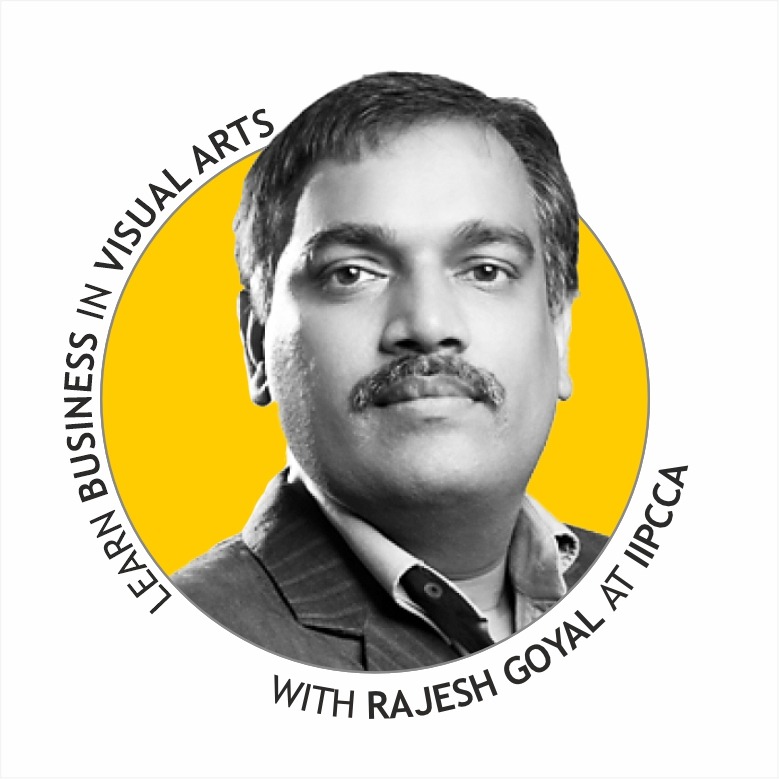
“Life is a lot more enriched with myriad experiences but my passion for photography has rewarded me with a new perspective to look at the life around me. It is my mission to impart this knowledge to the upcoming ardent photographers; aiding them to look at life with a bold, new perspective.”



